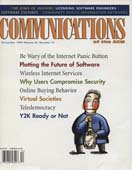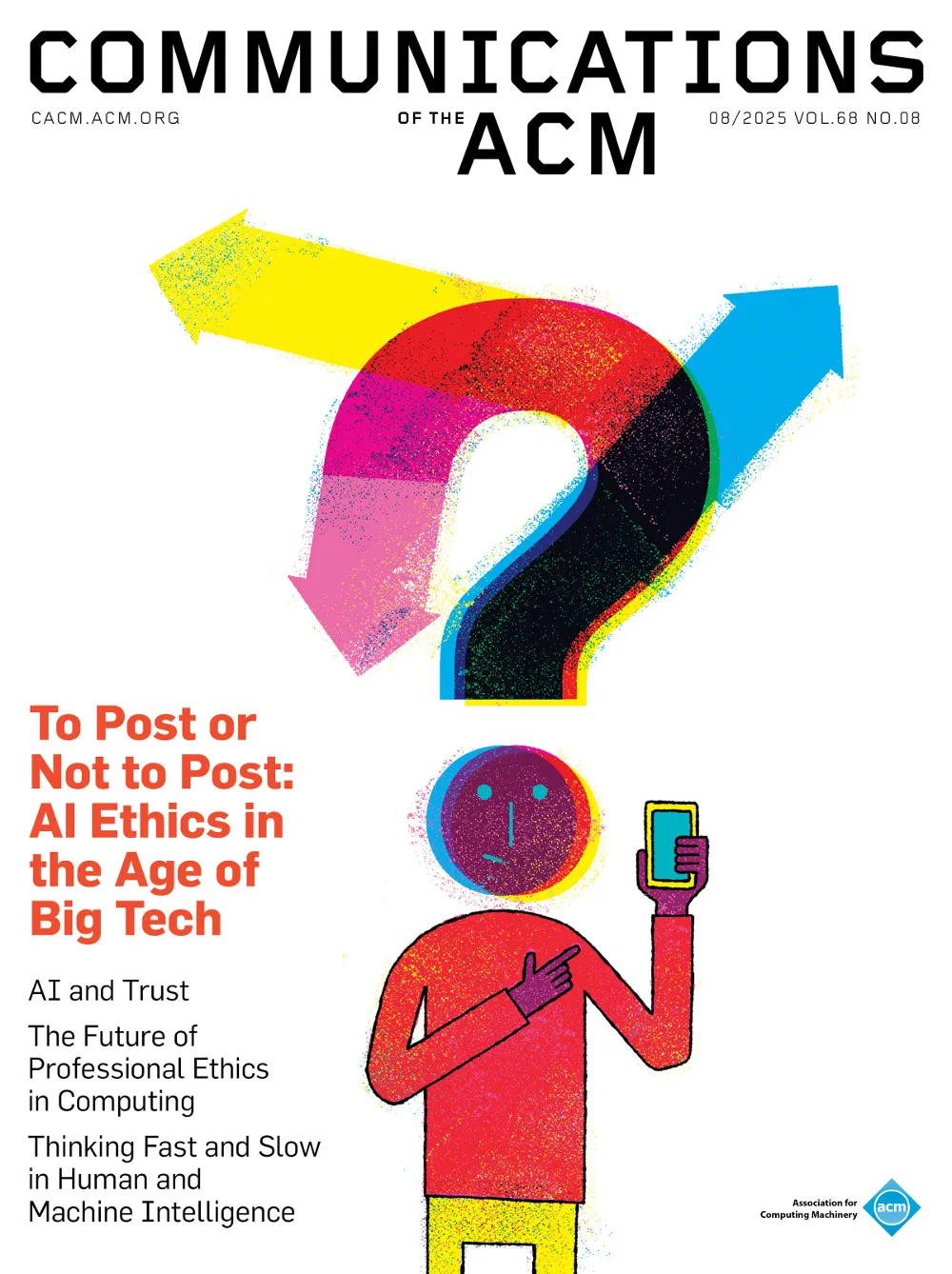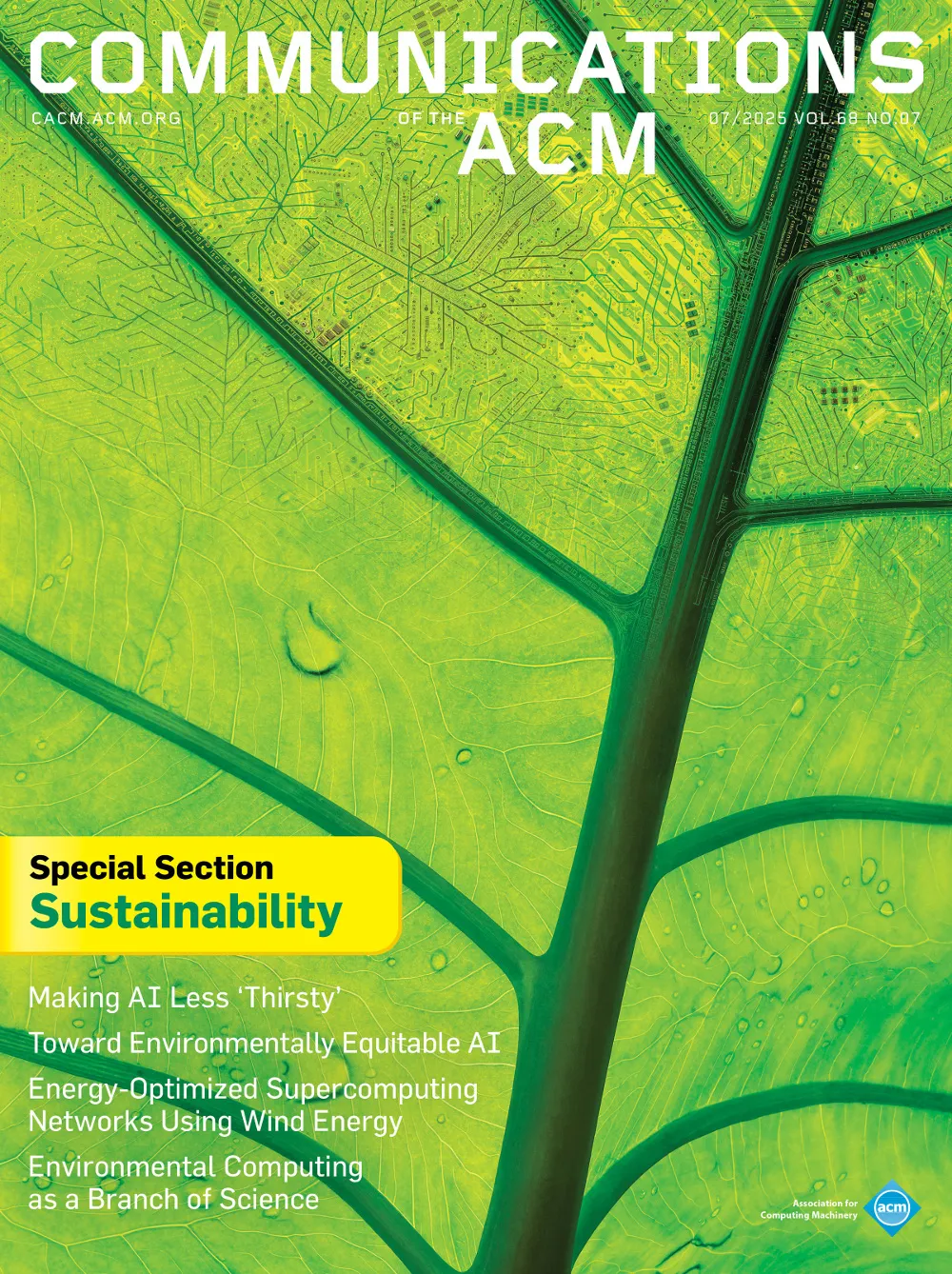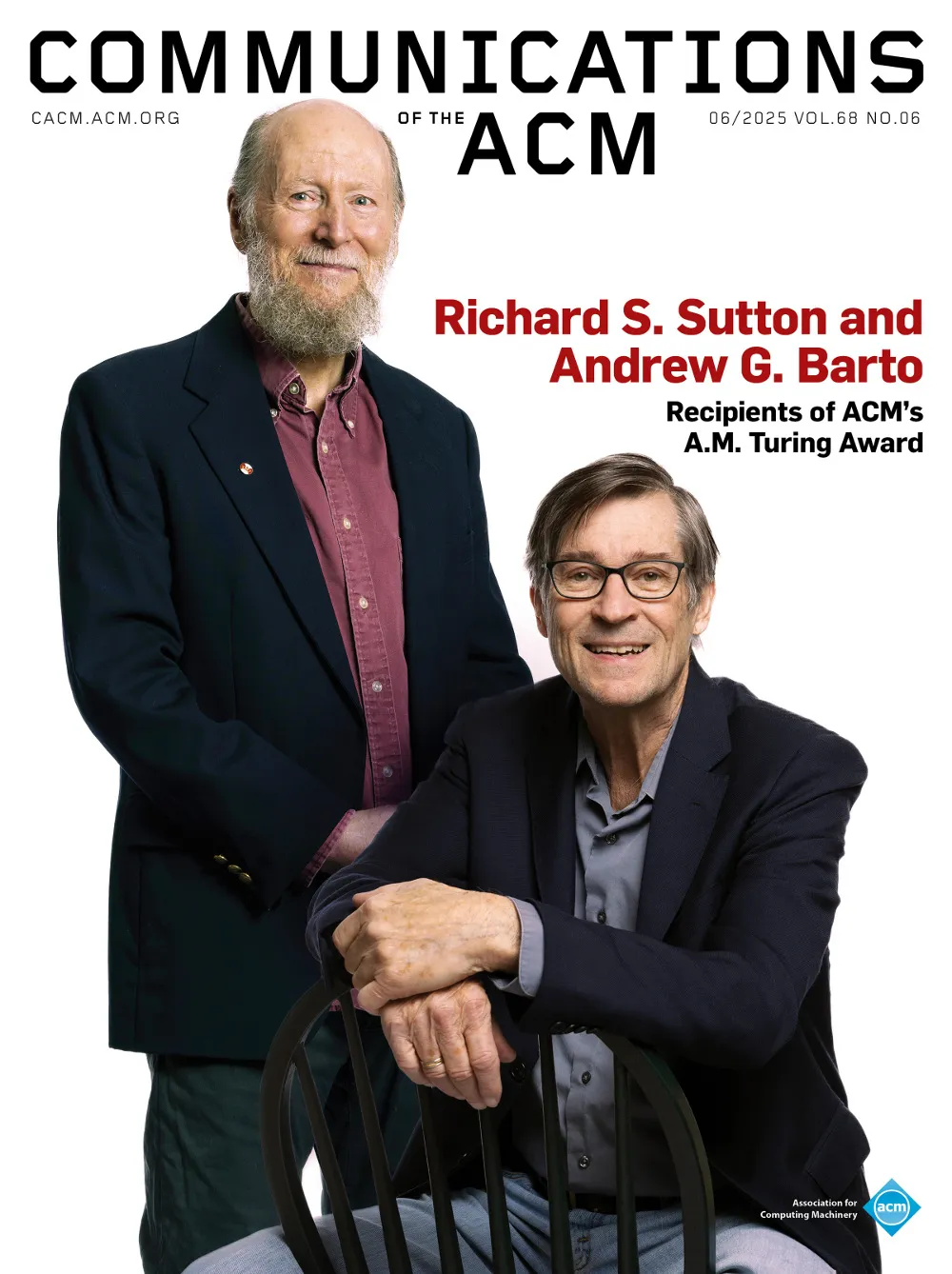December 1999 - Vol. 42 No. 12

Features
It’s that time of year. No, I mean, it’s finally that time of year—the time of year that we’ve dissected in some respect in every issue of this magazine for the past 24 months. And as the days dwindle and final preparations made for the big turnover, we’ve decided to close out the millennium with […]
A proposal to improve the way information flows across the Internet has privacy advocates worried the design could be used to trace a person’s identity. The proposal, an addressing system called IPv6, was created by the Internet Engineering Task Force, an international standards body, and would include a unique serial number for each computer’s network […]
As with any new and powerful technology, there is the inevitable specter of panic. Be wary, the bark may be worse than the bite.
Staying Connected: Flying Wireless, With a Net
Mobile Internet providers prepare for takeoff.
On Site: The Esprit Atlas Project
Two European research technology development (RTD) managers of IT companies have been brainstorming for half a day. Lots of food has been consumed, exhausted secretaries and junior project managers of the two teams are praying for the meeting to end. The two senior execs have not joined efforts for the new product idea that initially […]
As the 21st century fast approaches, computing professionals still do not have a clear understanding of the nature of their profession. This is unfortunate, especially since the discipline has accumulated enough science over the years to make it stand on its own. Several computing pioneers and professional organizations attempted to define the discipline of computing […]
Déj`a vu. As I read the many comments on software engineering licensing I’m reminded of the debate on the merits of the "go to" statement that raged in this publication three decades ago. I recall in particular the famous computer scientists of the 1960s arguing in favor of the "go to" without really understanding Edsger […]
Predictors of Online Buying Behavior
What personal characteristics predict whether or not people buy on the Net? Look for a "wired" lifestyle and time starvation, not demographics.
Why users compromise computer security mechanisms and how to take remedial measures.
A Case Study of a Netizen’s Guide to Elections
Political hopefuls learn to use the intrinsic powers of information, democracy, and the Internet.
Voting Technology Implementation
Two recent—yet very different—real-world experiences provide valuable lessons for building the technologies necessary for true teledemocracy.
Teledemocracy in Local Government
Politicians in a small Norwegian municipality experience how telecommunications technology can support and impact the election process.
The Driving Forces in the Virtual Society
Examining the factors propelling the evolution to a virtual workplace and the arrangements being used to implement these changes in a societal context.
Exploring cultural practices in managing heterogeneity within system design.
Companies like British Telecommunications whose business is based on the performance of their software systems, should emphasize accessibility, adaptability, transparency, fail-safe operation, and a human face.
How a Community Health Information Network Is Really -sed
Use is not always what the user says it is in practically any domain, including health care delivery, as the authors' research revealed.
Are We Ready?: The FAA’s Y2K Preparedness
Over the last few years, media attention has focused on the Y2K computer problem and potential disasters that it may cause. Computer systems worldwide may encounter problems ranging from slight anomalies, such as time tracking and problem reporting, to total system failures. Electrical power grid failures, elevator and security system interruptions, and airline crashes have […]
Are We Ready?: Risk, Reality, and Readiness
After five long years of dealing with and studying the Y2K computer problem in hundreds of public and private enterprises and scores of countries, does it just come down to one question? What are you going to do on New Year’s Eve? The question itself indicates a common naivete about the Y2K computer problem—the illusion […]
Inside Risks: Risks of Insiders
This month we consider some of the risks associated with insiders. An insider is someone who has been (explicitly or implicitly) granted privileges authorizing use of a particular system or facility. This concept is clearly relative to virtual space and real time, because at any given moment a user may be an insider with respect […]



